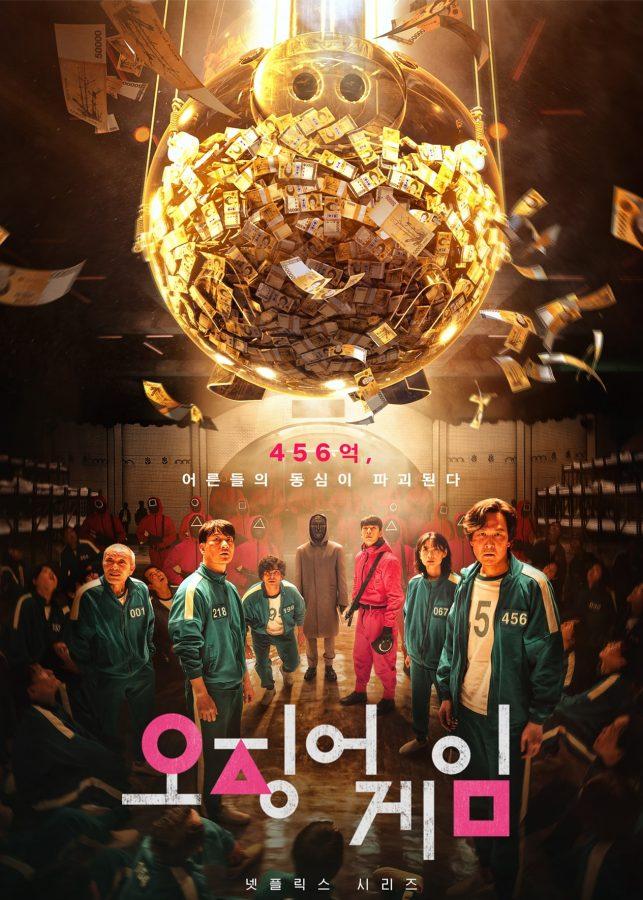I suppose many have seen the recent Netflix blockbuster series “Squid Game,” and if not have at least heard of it, and are planning to watch it soon. The show has been a big hit worldwide, with people fascinated by its different themes. Although I can write pages on the wonderful artistic elements of “Squid Game”, I am here to focus and highlight the forgotten concepts that the show tried to resurface back to its audience. The clearest one to me was uncovering the downsides of the capitalist world we live in today.
The premise of the show is really quite simple. The show is set in South Korea where different people who had financial difficulties are extracted from society and lured to join a game that has huge money prizes. The prize money was too big for any of them to reject—later on in the show it was made known that there is a whole shady scheme behind the game. The chosen people were taken to a remote island to compete with each other in a competition of five games. Each game resonated with a separate element of Korean culture. The horrific catch was that those who lost the game were killed, and their bodies burned, a thing that no participant was aware of before agreeing to participate.
One theme that struck me the most is how this specific series focuses on certain drawbacks of the capitalist system we live in today. Capitalism in a broad view is based on private ownership and means of production. Two points can be pulled out after comparing “Squid Game” with capitalism, one being how wealth inequalities can further widen the gap of social classes. This is seen extensively throughout the show with different characters revealing their background and how the financial struggles pushed them to join the game and stay in it. Furthermore, the growing wealth gap between the classes allowed the wealthiest class to exploit the others. While exploitation is an evident theme throughout, the whole game was created for the pleasure of the elites.
Considering these two points that highlight the downsides of capitalism, we surely can bring many more. The series has done a great job of unveiling glimpses into the system such as drudgery, homelessness and the constant fear of being laid off from work—just as we saw happen in this pandemic. Many businesses and institutions in real life were what the show’s game participants had experienced, and because of financial insecurity, they resorted to entering a life or death match in order to win.
Although “Squid Game” critiques the capitalist system very harshly and shows its negative elements, some do argue that the positives weigh out the negatives, and I surely doubt if that really is true. No economic system is perfect, but we need to fix what is wrong in the ones we do have now.

